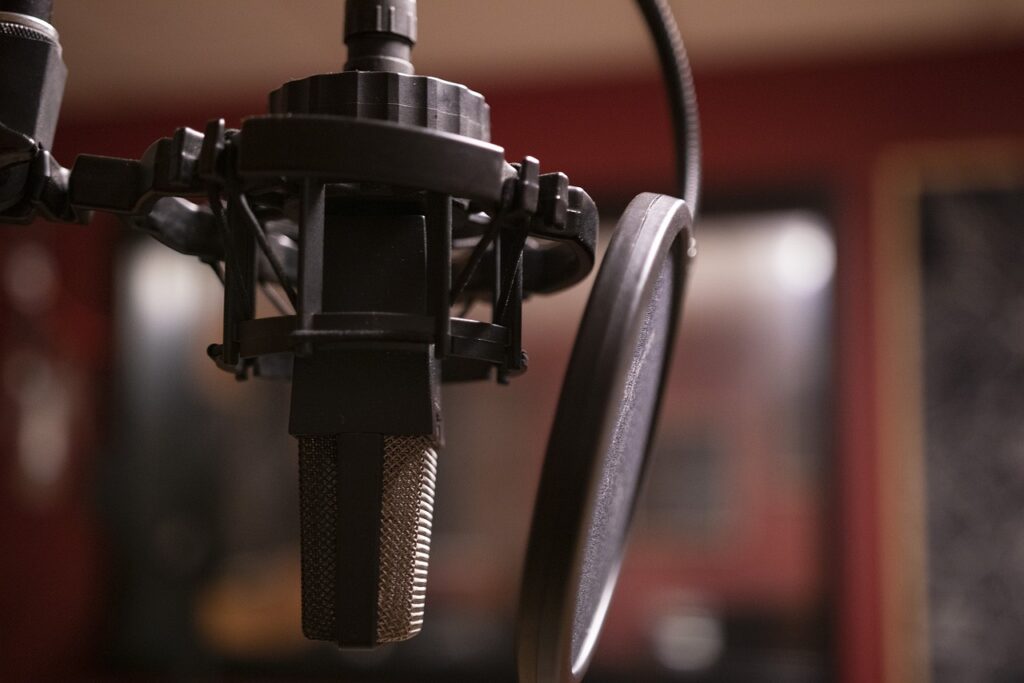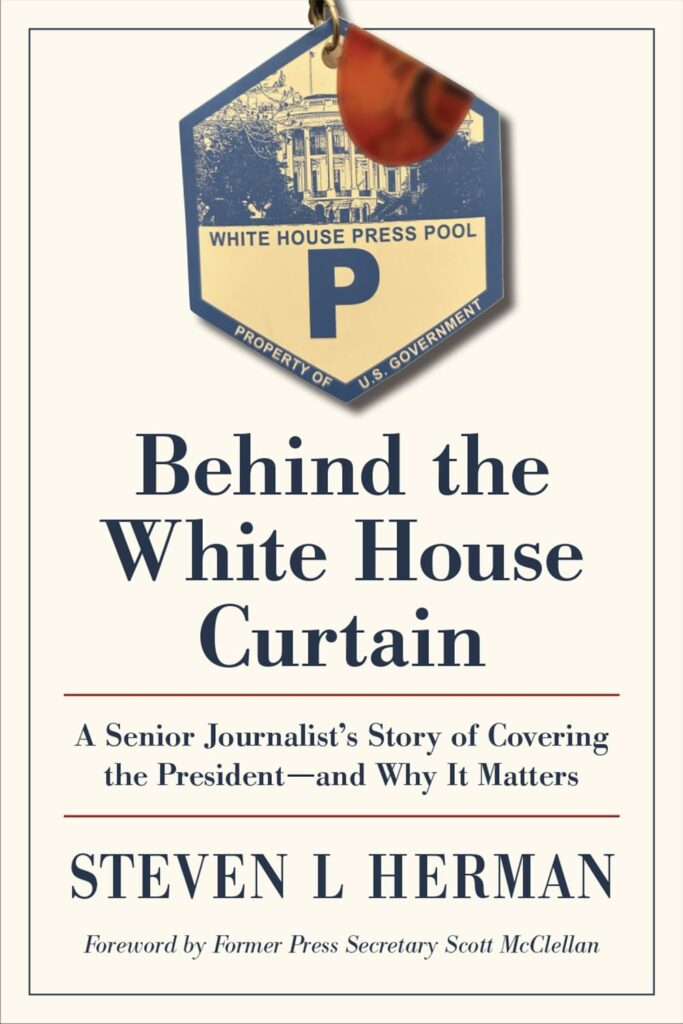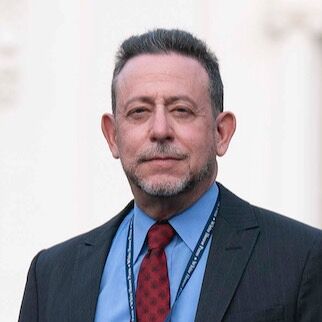
First there was an earthquake. Then came the tsunami. Floods. Loss of power. The Fukushima nuclear plant released radioactive contaminants in Japan in March 2011. I first heard about the evacuation listening to National Public Radio and recognized the reporter’s voice.
Doualy Xaykaothao had been a journalism student whom I had advised when I was a college professor. Stationed in the Seoul Bureau of National Public Radio, she was one of only two American journalists on the scene in Japan within hours reporting live. The other journalist on the ground in the radioactive zone was Steve Herman reporting for Voice of America.
Let that sink in. National Public Radio and Voice of America. Two news organizations with a mission to serve the public — not politicians. Both function as watchdogs, not weapons of government propaganda. Imagine: facts matter.
There are certainly criticisms to be had of these news organizations, however, I can’t criticize the integrity of reporters like Doualy and Steve who put their lives on the line so I can know the truth.
 Steve Herman got his start in Las Vegas, Nevada, as a radio stringer for CBS and NBC news. Atomic energy, Area 51, and UFOs during the 1970s offered him the training ground for discerning fact from fiction. And perhaps excellent preparation for his position as the chief national correspondent for VOA in Trump’s White House Press Pool.
Steve Herman got his start in Las Vegas, Nevada, as a radio stringer for CBS and NBC news. Atomic energy, Area 51, and UFOs during the 1970s offered him the training ground for discerning fact from fiction. And perhaps excellent preparation for his position as the chief national correspondent for VOA in Trump’s White House Press Pool.
Behind the White House Curtain: A Senior Journalist’s Story of Covering the President—and Why it Matters by Steven L. Herman will be released on June 1, 2024, by Kent State University Press. Former Press Secretary Scott McClellan wrote the Preface.
What might surprise you is how much reporting Steve accomplished using Twitter during those early days of the Trump administration. While one of his hands kept a boom mic in position, his other hand held a smartphone for photographs and tweeting. What might also surprise you are the ways in which pool reporters collaborated with one another — the information from a press conference with the president shared like the water in a pool among journalists. Steve’s audio recordings helped broadcasters put together their own reports and helped newspaper reporters give accurate quotes.
“I found when competing with my colleagues for the forty-fifth president’s attention — indoors or outside — I had the best shot of winning a reply if my question contained no more than seven words.”
When Trump and the West Wing began making the nomination of the parent-agency of Voice of America a political issue exactly four years ago in April of 2020, they called VOA the “Voice of Russia” and the “Voice of China.” The administration wanted VOA to amplify the president’s views, but their charter forbids it.
 In his nonpartisan view, Steve Herman shows us why public access to accurate, unbiased information is essential to democracy and why journalists must press government officials to be transparent and honest.
In his nonpartisan view, Steve Herman shows us why public access to accurate, unbiased information is essential to democracy and why journalists must press government officials to be transparent and honest.
2024 is an election year in which Trump is again a presidential candidate. This book could not be more relevant or timely. Without polarizing polemical language, this rare glimpse behind the curtain shows the inner workings of the contemporary White House press corps while providing an analysis of the historic and current relationship between the president and the press.
If you have read Harold Holzer’s classic book The President vs. the Press, you’ll appreciate the perspective, depth of knowledge, and insights in Behind the White House Curtain.
“Steve Herman is a dedicated journalist who understands the stakes when it comes to defending the truth at a time when the facts are under assault by powerful forces. This behind-the-scenes account is not just another Trump book. It’s an important reminder of why we need journalists like Steve on the front lines reporting the truth.” – Jim Acosta, anchor and chief domestic correspondent for CNN
Pre-order your copy now.
